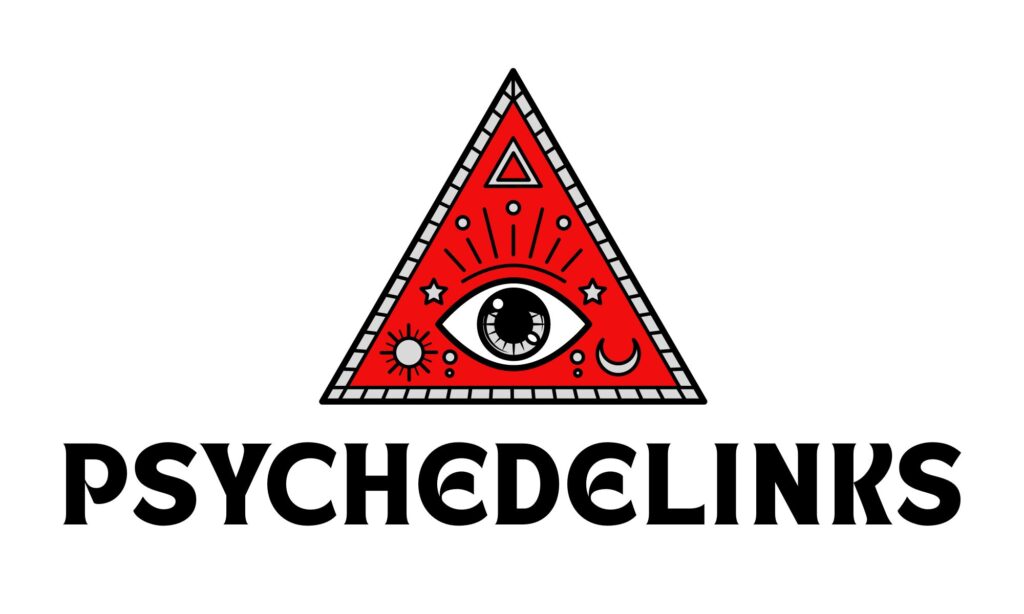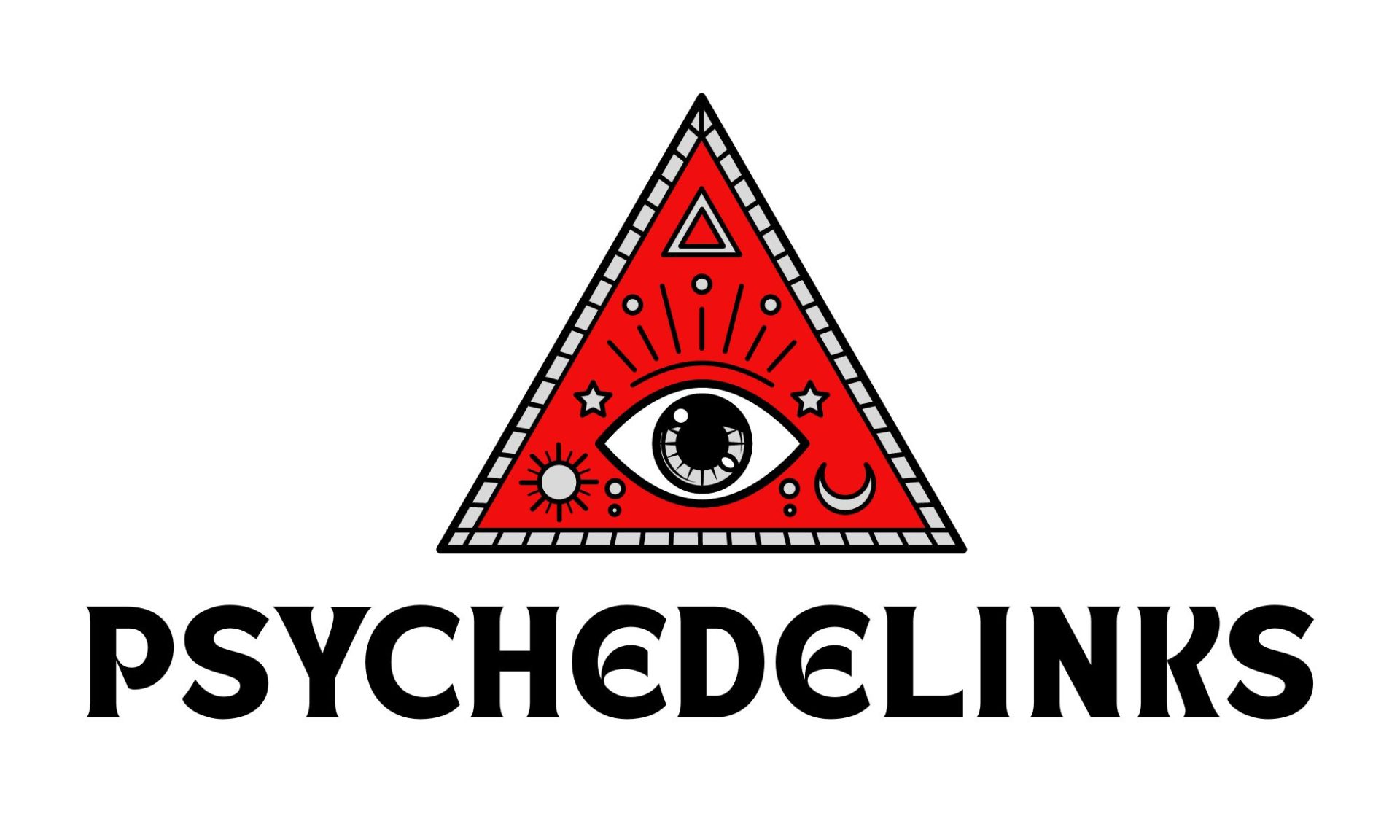PsychedeLinks is a curated selection of top news stories impacting business, research, and culture in the psychedelics ecosystem, crafted by Emerge Law Group’s groundbreaking Psychedelics Group.
Emerge’s Hot Take
Do Dying People Have a ‘Right to Try’ Magic Mushrooms? 9th Circuit Weighs Case
The 9th Circuit will soon hear arguments as to whether terminally ill patients have a right to utilize psilocybin as a part of their palliative care. The case is one of two brought by Dr. Sunil Aggarwal currently pending in the 9th Circuit (the other case asks the DEA to reschedule psilocybin, which would make it available for therapeutic prescription outside of a research context).
In the pending litigation, Dr. Aggarwal appeals a U.S. Drug Enforcement Agency (DEA) decision “barring him from prescribing psilocybin to his late-stage cancer patients” to help mitigate the fear and dread that comes with such a diagnosis. Dr. Aggarwal, a palliative care physician and founder of the Advanced Integrative Medical Science Institute in Seattle, argues that he has a legal right to prescribe psilocybin to his patients based on state and federal “right to try” laws. Under these laws, terminal patients may have access to experimental drug therapies before the therapies are approved by the U.S. Food and Drug Administration (FDA). More than 40 states have such laws in place, and a federal version of the law passed in 2018.
Eight states and the District of Columbia have expressed their support of Dr. Aggarwal, with many concerned that the DEA’s enforcement of the federal Controlled Substances Act over state right-to-try laws is indicative of an ongoing “threat to state sovereignty.” This case comes at a crucial moment for psychedelics research as an increasing number of states push for state approval of psychedelic-assisted therapies. In Dr. Aggarwal’s 9th Circuit brief, Aggarwal urges the Court to allow for palliative-care psilocybin prescriptions, noting that psilocybin “has shown enormous promise in early clinical trials in relieving debilitating anxiety and depression suffered by terminally ill patients.”
“When you are being told that you have an incurable disease, that all we can do is extend your lifespan for a certain amount of time but there is no cure, the psycho-spiritual toll that places on somebody’s mind is very high,” says Aggarwal. “[Right now, all we can do is offer patients] harm reduction strategies, but I don’t think that’s good enough.”
“Inspiring to see these cases proceeding, in no small part due to the effort of our wonderful colleague Kathryn Tucker. This decision has the potential for tremendous progress in making psychedelic methodologies more accessible around the country,” says Emerge attorney Sean Clancy. “The impact here could be huge.”
Other Noteworthy News
The Psychedelics-As-Medicine Movement Spreads to California
KFF HEALTH NEWS – “Ecstasy, “magic mushrooms” and other psychedelic drugs could soon be recognized as therapeutic in California — one of the latest states, and the biggest, to consider allowing their use as medicine. Legislation by state Sen. Scott Wiener (D) and Assembly member Marie Waldron (R) would allow the therapeutic use of psilocybin, mescaline, ecstasy and dimethyltryptamine […] in state-approved locations under the supervision of licensed individuals. It would also regulate the production, distribution, quality control and sale of those psychedelics. The bill is intended to get across the desk of Gov. Gavin Newsom, a Democrat who vetoed broader decriminalization legislation last year while calling psychedelics ‘an exciting frontier’ and asking for ‘regulated treatment guidelines’ in the next version.”
Peggy Mellon Hitchcock, Who Helped Timothy Leary Turn On, Dies at 90
NEW YORK TIMES – “Peggy Mellon Hitchcock, the energetic scion of a storied wealthy family who funded Timothy Leary’s psychedelic adventures — and famously helped him find the spot to do so, at her brothers’ estate in Millbrook, N.Y. — died on April 9 at her home in Tucson, Ariz. She was 90. ‘Pretty Peggy Hitchcock was an international jet-setter,’ Mr. Leary wrote in his 1983 autobiography, Flashbacks, ‘renowned as the colorful patroness of the livelier arts and confidante of jazz musicians, racecar drivers, writers, movie stars. Stylish, and with a wry sense of humor, Peggy was considered the most innovative and artistic of the Andrew Mellon family’ — that is, the family of the Pittsburgh industrialist who was secretary of the Treasury under three presidents. ‘She was a vibrant person, very enthusiastic,’ Billy Hitchcock said of his sister. ‘She had a completely open mind. Generous hearted to the point where people could take advantage of her. She had a lot of pain in her life, she was unlucky in love, but you would never know it. She was a real force. Whatever she did, she threw herself into.’”
Federal Settlement Will Allow Arizona Church to Import, Process, and Use Ayahuasca as Religious Sacrament
MARIJUANA MOMENT – “A new settlement between the federal government and an Arizona-based nonprofit will permit the group to import and use ayahuasca as a religious sacrament—an agreement leaders are calling a historic milestone for spiritual freedom. Under the settlement announced by the Church of the the Eagle and the Condor (CEC), the group will be permitted ‘to import, receive, manufacture, distribute, transport, securely store, and dispose of ayahuasca solely for CEC’s religious purposes.’ Specifically, the agreement says the church will import ayahuasca, which contains the psychedelic substance DMT, ‘in concentrated paste or in liquid form’ and then ‘combine the ayahuasca paste with water to manufacture ayahuasca tea for sacramental uses’ at a location in Phoenix. CEC says it’s ‘the first non-Christian church to receive protection for its spiritual practices regarding Ayahusca,’ adding that the development under the federal Religious Freedom Restoration Action marks ‘the first time in history a church’s right to import and share its sacrament has been secured without going to trial.’”
LISTEN: The Power and Promise of Psychedelics in Therapy
CNN: The Assignment with Audie Cornish – “Bad trips, anti-drug PSAs, and the crackdown under the Controlled Substances Act of 1970 helped stigmatize psychedelics in the U.S. But now, there’s renewed clinical inquiry into whether these drugs can ease emotional trauma. To understand the future of psychedelics, Audie calls up Ernesto Londoño, reporter at the New York Times and author of the new book, Trippy: The Peril and Promise of Medicinal Psychedelics. They discuss his own mental health and psychedelic journeys and why he thinks there’s good reason for both hope and skepticism.”
Subscribe
Subscribe to PsychedeLinks to receive essential biweekly articles on news, business, and culture in the psychedelics industry, delivered straight to your inbox.


